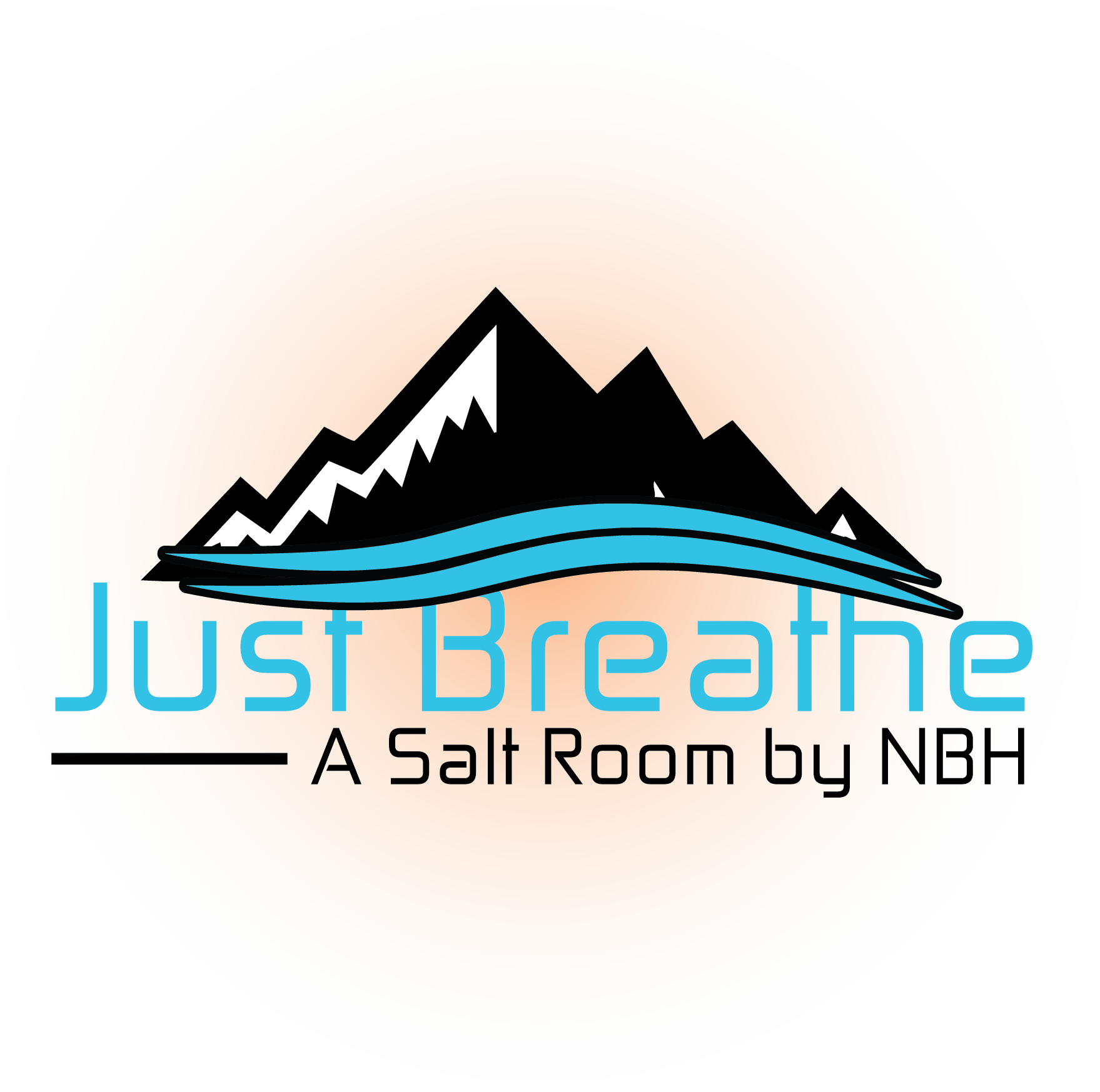Specialty waters are all the rage, but, the big question is, do you need them?
The short answer is no. Your hydration should be coming from pure, clean water.
Sounds simple. Right? But so many people struggle with getting any water that isn’t flavored, has electrolytes added, fizzes or has been modified in some way.
I drink tap water. Isn’t that okay?
It’s not that simple. With all the run-off from pesticides, medication, better living through chemistry, and other pollutants that are everywhere, our water has been affected. Short of having your own well-water and getting it tested for contaminants on a regular basis, almost all our water has known carcinogens and other contaminants, including lead, fluoride, chromium, and nitrates, just to name a few.
The Environmental Working Group, which is a private group, has tested the water of over 50,000 municipalities across the United States. You can enter your zip code into their database and find out how your water rates. They report on not just what was found in your tap water but, even thought that amount of contaminant may be within legal limits, the science may show that the levels surpass health guidelines.
The legal limits of a toxin or a chemical may be deemed “safe” but those levels only address that one chemical. They do not address the fact that there are other chemicals involved, either by breathing, eating, drinking, or absorbed through our skin. These chemicals together may have a synergistic affect, meaning that the two, or more, combined together make the effects of the chemicals stronger. Alternatively, they may have a compounding effect, which means you are dealing with the issues of one chemical and a second chemical adds to the issue.
What can I do?
There are several options for filtration systems that are available to help remove toxins and other chemicals from your water. On www.ewg.com/tapwater, there are suggestions for which filtration system might work best for the pollutants in your water.
A carbon filtration system may vary from a pitcher, to something you attach at your faucet, to something you attach under your sink, to a whole house carbon filtration system.
Carbon filtration bonds with and removes contaminants as water flows through the system. Some are designed only to remove chlorine and improve the taste of water. Others may remove things like asbestos, mercury, and lead. They do not remove things like arsenic, fluoride, and nitrates.
Another type of filtration is reverse osmosis. Typically, these systems also include a carbon filtration system so they remove a large percentage of toxins. Reverse osmosis works by passing water through a membrane where anything smaller than water molecules gets trapped. These systems also remove minerals which are necessary for our health. To overcome this issue, a dash of Himalayan salt, Celtic Sea Salt, or Real Salt © can be added to your drinking water.
Is bottled water the answer?
Bottled water is frequently tap water that has been placed in a bottled and sold to you. If your water is labeled “reverse osmosis,” that is what it is. Some water does come from an actual spring, look for natural spring water, and that may be a better choice but the plastic from the bottle itself contains chemicals and pollutants that will leach into the water.
The best choice, if you can get it, is natural spring water that has been tested and has limited pollutants stored in glass bottles.
But what about alkalinized water?
Water typically has a neutral pH. While it is true that thanks to a standard American diet high in meat, cheese, coffee, and other acid-producing foods, that our bodies tend to lean toward more acidic in nature, there are other ways to balance our pH than by drinking alkalinized water and, there are no current studies, that demonstrate that drinking water of a pH of 9.5 or higher, long-term, is safe. The higher pH could actually cause a “flushing” like taking a diuretic does. When the water travels through our bodies too quickly, we also lose vitamins and minerals.
Alkalinize your body by eating lots of fruits and vegetables, especially vegetables, and avoid acid producing foods such as meat, cheese, and coffee.
Also, drinking a ½ of a fresh-squeezed, organic lemon in your water to start your day may also help to alkalinize your body. Even though lemons are acidic, once processed in our body, their residue turns to an alkalinizing ash.
Missy (Carol) Cohen, MPH, Certified Functional Medicine Health Coach. To connect with Missy, email justbreatheasaltroom@gmail.com.

